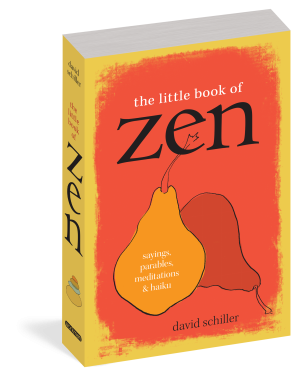These three new books all initially appear to take autilitarian approach to God, embodied by the un-Kennedyesque title ofthe first, What God Can Do for You Now. Robert Levine, rabbi ofRodeph Shalom, a large Reform synagogue in New York City, lost his faithas a teenager because of the idea that God might be responsible forinjustice. He now believes that suffering and injustice don’t disproveGod’s existence, because God “wants a relationship of sharedresponsibility” with us. By giving us free will, writes Rabbi Levine,God permanently diminished His omnipotence, if He ever had it, aboutwhich Levine is uncertain. Levine also believes that the Bible sometimesmisrepresents God, and he is uncertain whether Abraham existed. Arguingfor the up-until-now polemically-deprived religious middle-of-the-road,Levine stridently attacks both fundamentalists (especially Christians)and atheists for promoting what he sees as a similarly false view ofGod, while writing admiringly at length about Jesus (as a man) andMohammed. He also condemns what many consider trendy Kabalistic trinketssuch as red ribbons, and dismisses popular new age doctrines like “TheSecret.” Levine believes that prayer works and miracles still happen;marvels at the universe and human existence; sees evidence for God inthe continued existence of the Jewish people; believes in evolution andthat it need not be at odds with religion; and advocates finding aGod-concept that one is comfortable with (so long as it isn’t afundamentalist concept) because building a relationship with God makes acrucial difference in our lives. Middle-of-the-roaders with spiritualyearnings and doubts who are turned off by apparently easy absolutistanswers will enjoy this book.
In Jewish Meditation Practices for Everyday Life, Reconstructionist Rabbi Jeff Roth makes a less combative case for meditation as a Jewish practice. Roth is the cofounder of Elat Chayyim,a Jewish meditation retreat center in upstate New York. This book isrich with charming and illuminating parables, both classic and original.Roth has explored various New Age therapeutic modalities, andoriginally embraced Judaism via the teachings of Rabbi Zalman SchachterShalomi in the 1970’s. Jewish meditation, according to Roth, isdistinguished by focusing on becoming God-conscious and realizing that“everything is God and nothing but God.” He explains how to meditateJewishly — focusing on breathing and on the Hebrew letters of God’s name,among other techniques. Through meditation, he tells us, we can becomemore aware and mindful, develop concentration and focus, and learn todissociate ourselves from our thoughts, which can help us react tosituations more effectively and bring us closer to God. This is awell-written book with a warm tone that will particularly appeal to Jewswho have sought their spiritual sustenance in the religions of the Eastand in New Age practices.
Unlike Rabbis Roth and Levine, neither author of How God Changes Your Brainis a theist. Instead, as scientists, they study how belief in God,meditation, and prayer affect people’s brains and lives. Newberg is aneuroscientist and a radiologist, and Waldman is a therapist. Both workat the Center for Spirituality and the Mind at the University ofPennsylvania. Their various studies and those of others have shown thatreligious and spiritual belief and practice permanently change thebrain’s structure, and enhance cognitive processes and psychological,physiological, and social well-being, validating theists and meditatorslike Levine and Roth, and contradicting the contentions of best-sellingatheist authors. According to Newberg and Waldman, prayer andmeditation, even absent belief in God, are powerful tools forcultivating compassion, which is, in their words, what the book isabout. These practices are also helpful for avoiding anger, which theysee as “humanity’s great enemy.” They feel that only “authoritarian”religion poses a neurological danger because it promotes anger, guilt,fear, and intolerance. Unlike Rabbi Levine, however, they acknowledgethat “fundamentalists” can be good, tolerant people, and they observethat frequency of attendance at religious services strongly correlateswith longevity. This fascinating book includes beneficial meditationexercises that are not contingent upon belief in God.





